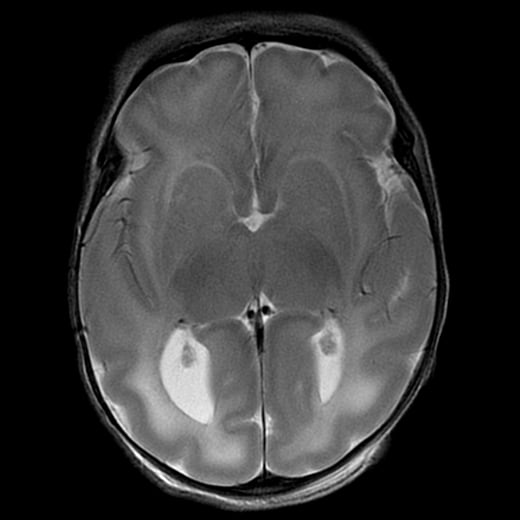60 year old male with a history of homelessness, latent tuberculosis, and methamphetamine abuse. The patient was admitted to the hospital for shortness of breath and leg edema. A urine drug test on admission was positive for methamphetamine.
Chest radiograph (right) shows an enlarged cardiac silhouette, for which a differential of cardiomegaly or pericardial effusion was provided. Subsequent echocardiogram confirmed this was cardiomegaly with a low ejection fraction. The pulmonary vascular markings on the chest x-ray are also prominent, compatible with congestion from heart failure. The patient has a normal past chest radiograph (left) that provides an easy comparison for these findings.


Apparently meth causes direct toxicity to cells (including the cardiac myocytes) and, since it’s upper, causes the heart rate and blood pressure to go up, so the heart is working more as well. Both those eventually lead to scarring and increased stress on the heart. Eventually, over years with repeated uses (this particular type of cardiomyopathy is not a sudden thing), the heart will “stretch out” so to speak.
Christ, that’s brutal. Thanks for the explanation!